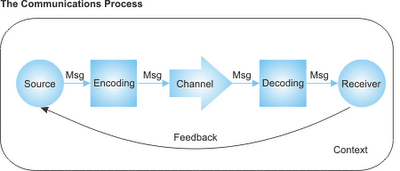- Read the questions carefully to understand what you are being asked to do.
- Listen actively. Keep your purpose for listening in mind by referring to questions.
- During the first reading jot down notes on significant devices of the passage based on the questions.
- During the second reading, check to see if your jottings from the first reading are supported by the entire passage.
- Give the answer the question asks for.
- Write your answers in complete sentences
- Use your summary writing skills. A long answer is not necessarily a better answer.
Writing
1. A main idea should not be a purpose. It should read:
"The main idea of the passage is that..." NOT "The main idea of the passage is to tell..."
2. When commenting on the effectiveness of a device used by the writer, you are to tell how the use of the device helps the writer to achieve his purpose for writing.
Weak Answer: "The writer uses a metaphor to describe the beauty of the sunset and how night fell." or "The writer uses a metaphor to bring his point across."
Better Answer: "The writer uses a metaphor to convey his admiration for the magnificent sunset and to show how suddenly night fell upon the landscape."
Post-Writing
- Check your responses against the questions on the exam to ensure that you have answered all the parts of each question with exactly what has been asked.
- Edit your work to get rid of grammatical errors, expression errors and unclear sentences.
Good Luck!


